- Biden arrived in Japan on May 22, 2022, and announced his actions to curb China on the 23rd
- The U.S. wants to negotiate with like-minded countries while announcing the Indo-Pacific Economic Framework project, but Japan wants to suspend the project
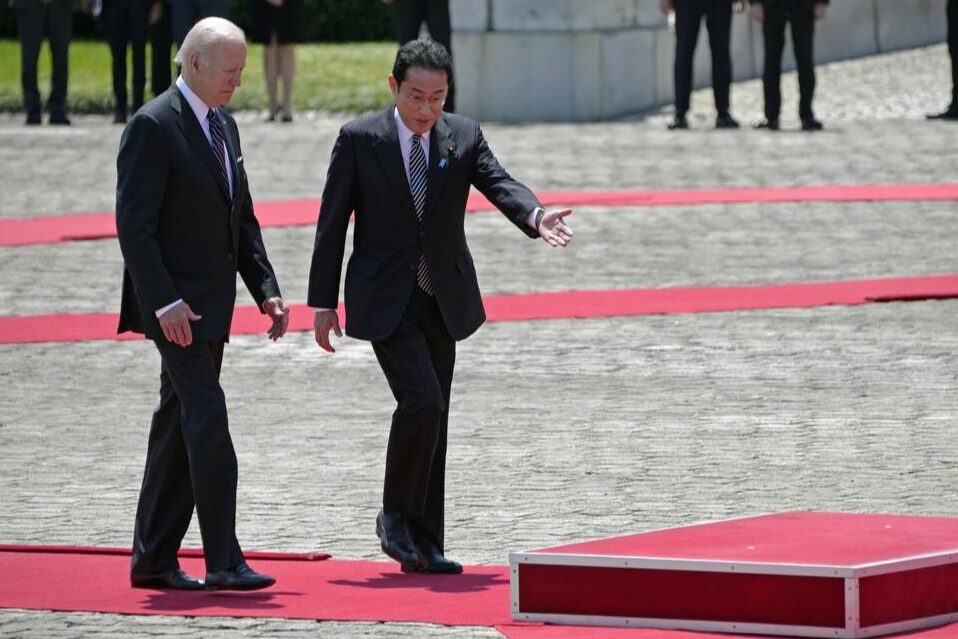
On May 22, 2022 local time, U.S. President Joe Biden flew to Tokyo, Japan, officially opening the second leg of his first "Asian tour". According to a British Reuters report on the 22nd, US President Biden will meet with Japanese Prime Minister Fumio Kishida on the 23rd, and hold a press conference in Japan to announce the launch of the "Indo-Pacific Economic Framework" project to counter China's influence.
However, this plan has been questioned and criticized from all walks of life before it was launched. Analysts have pointed out that the framework of a Biden administration lacks substance. The United States' reluctance to open markets to Asian countries to protect domestic jobs also makes it difficult to make binding commitments. Such "empty" content will hardly win more participation from Asian countries. There are also differences between the United States and Japan on the launch of the "Indo-Pacific Economic Framework". The report quoted people familiar with the matter as saying that the White House hopes to start negotiations with core countries while announcing the economic framework, but Japan wants to suspend the process and first seek the participation of more countries, including Southeast Asia. Therefore, the ceremony on the 23rd may only mean an agreement to "start discussions on the 'Indo-Pacific Economic Framework'" rather than real negotiations.
He met with a number of Japanese business leaders, including the president of Toyota Motor Corp., at the U.S. embassy in Japan that day, a person familiar with the matter said. At 10:00 a.m. local time on the 23rd, Biden met with the Japanese Emperor Naruhito, and then went to the State Guest House in Akasaka, Tokyo to hold talks with Japanese Prime Minister Fumio Kishida. "Dealing with China's growing power" is likely to be a central topic of talks between the two leaders, with Biden and Kishida likely to discuss Japan's plans to expand its military capabilities and influence, the report said.
Biden will also formally launch the Indo-Pacific Economic Framework (IPEF) in Japan. Japanese media said that Biden will hold the launch ceremony of the "Indo-Pacific Economic Framework" in Roppongi, Tokyo at 4:15 p.m. local time on May 23, 2022, and plans to focus on supply chain flexibility, clean energy, infrastructure and digital trade. to develop common standards in the field to "closer ties between the United States and countries in the region" to "counter China's influence". However, the U.S. and Japan still have some disagreements over the plan. The White House wants to start talks with "like-minded" core countries at the same time as announcing the economic framework, but Japan wants to suspend the process and get more countries, including Southeast Asia, to get involved first, according to U.S. trade and diplomatic sources.
Therefore, the ceremony on the 23rd may only mean an agreement to "start discussions on the 'Indo-Pacific Economic Framework'" rather than real negotiations. Reuters previously reported that most ASEAN members would not be initial members of the Indo-Pacific Economic Framework. At least six countries will initially sign deals with the United States, including Australia, Japan, New Zealand, South Korea, the Philippines and Singapore, a U.S. government official said. On the 18th, Kim Tae-hyo, the first director of the National Security Office of South Korea, revealed that 8 countries have confirmed to join, and 1 to 2 countries may join.
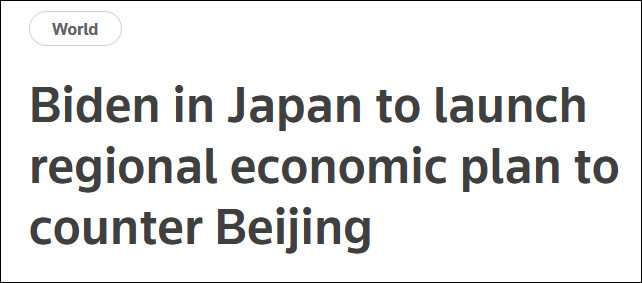
However, as the "Indo-Pacific Economic Framework" is about to be released, many concerned countries do not even know what the framework contains. On May 20, 2022, Bloomberg quoted U.S. Ambassador to Japan Emanuel as saying that Asian countries are demanding more information on the "Indo-Pacific Economic Framework." However, Emanuel himself could not reveal any substance. He only emphasized the symbolic meaning of the agreement, saying that further details would be added after the agreement was rolled out. "The Indo-Pacific Economic Framework shows that in the economic realm we will always be part of the Pacific".
Reuters pointed out that in order to avoid threats to American jobs, the Biden administration is reluctant to provide more market access in the Indo-Pacific region, so the United States is unlikely to make binding commitments in the "Indo-Pacific Economic Framework". Due to the lack of substance, Asian countries and trade experts also had a muted reaction to the "big move" by the United States. An ASEAN diplomat told Reuters that some ASEAN members could attend the launch of the Indo-Pacific economic framework. However, Japanese finance ministry officials said otherwise, saying many countries in the region were reluctant to participate because the economic framework lacked substantial incentives such as tariff relief. "The White House seems to want to turn the launch of the 'Indo-Pacific Economic Framework' into an open bar party for everyone, and start the real work on the morning of the 23rd." Matthew Goode, a trade expert at the Center for Strategic and International Studies, a nonpartisan think tank in the United States "But if a Biden administration wants countries to stay engaged, it has to provide more tangible benefits," Deman said.
The website of Nikkei Asia magazine wrote in April 2022 that if the United States wants to contain China in the Indo-Pacific region, it needs to make commitments to expand trade and investment, and to form economic alliances in the region. However, Biden's "Indo-Pacific Economic Framework" lacks substance and does not discuss how to engage and incorporate Asian countries into the economic framework.
"Nikkei Asia" believes that many countries want to increase the export of supermarkets to the United States, which is also one of the advantages of the United States. If the U.S. wants countries to abide by its proposed trade rules, it needs to lower tariffs to encourage members to comply with the remaining terms. Otherwise, emerging economies are pragmatic and will not be easily moved by "ideas and strategies". Biden's trip to Japan will last until the 24th, when he will attend the "Quad (Quad, Quad Security Dialogue)" summit of the United States, Japan, India and Australia held at the Japanese Prime Minister's residence. Reuters described this as "another cornerstone" of Biden's "contain China" strategy.
Chinese State Councilor and Foreign Minister Wang Yi said on May 22, 2022 that China, like other countries in the region, is happy to see measures conducive to strengthening regional cooperation, but opposes attempts to create separatist confrontation. The Asia-Pacific should be a highland for peaceful development, not a geopolitical arena. Various conspiracy camps, NATO and the Cold War Asia Pacific will never succeed.
Wang Yi pointed out that China is an advocate, promoter and defender of Asia-Pacific regional cooperation. We have no geopolitical selfishness, only the sincerity of solidarity and cooperation. Today, China has become the largest trading partner of most countries in the region, and its interests are deeply integrated with those of other countries in the region. China, a super market with a population of 1.4 billion, will continue to open up to regional countries in an all-round way, and the road of mutual benefit and win-win results will surely become wider and wider. Attempts to isolate China with any framework will end up isolating themselves.Editor/XuNing
Comment
 Praise
Praise
 Collect
Collect
 Comment
Comment
 Search
Search


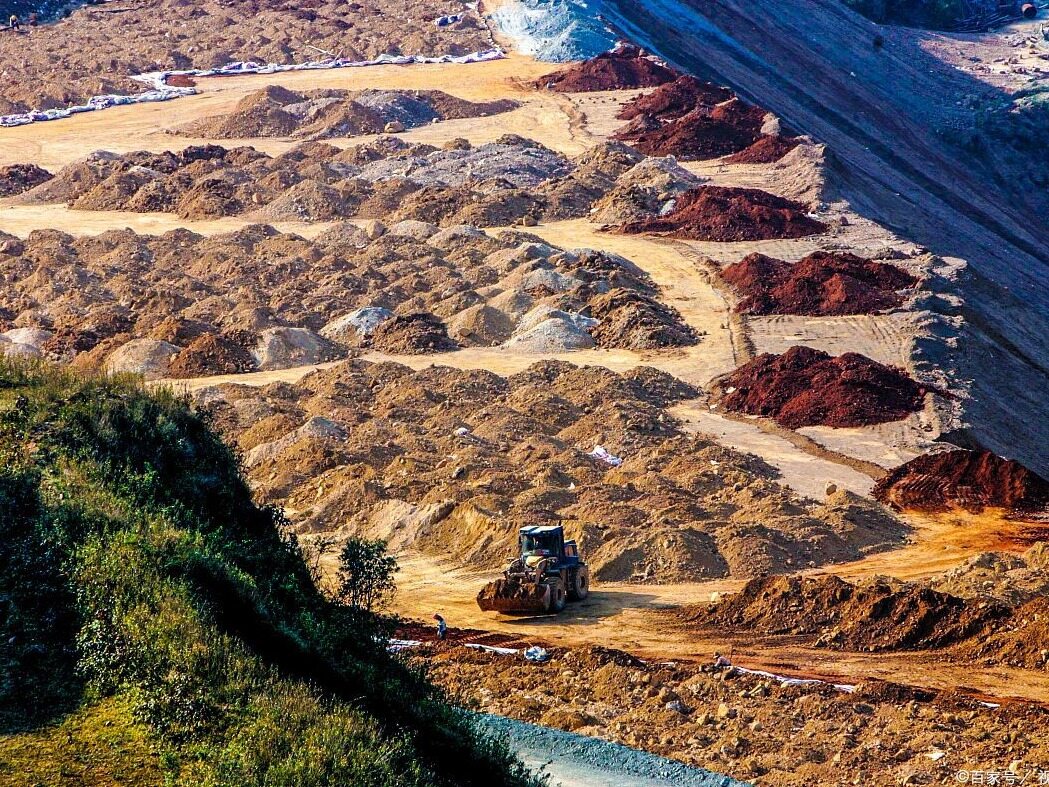
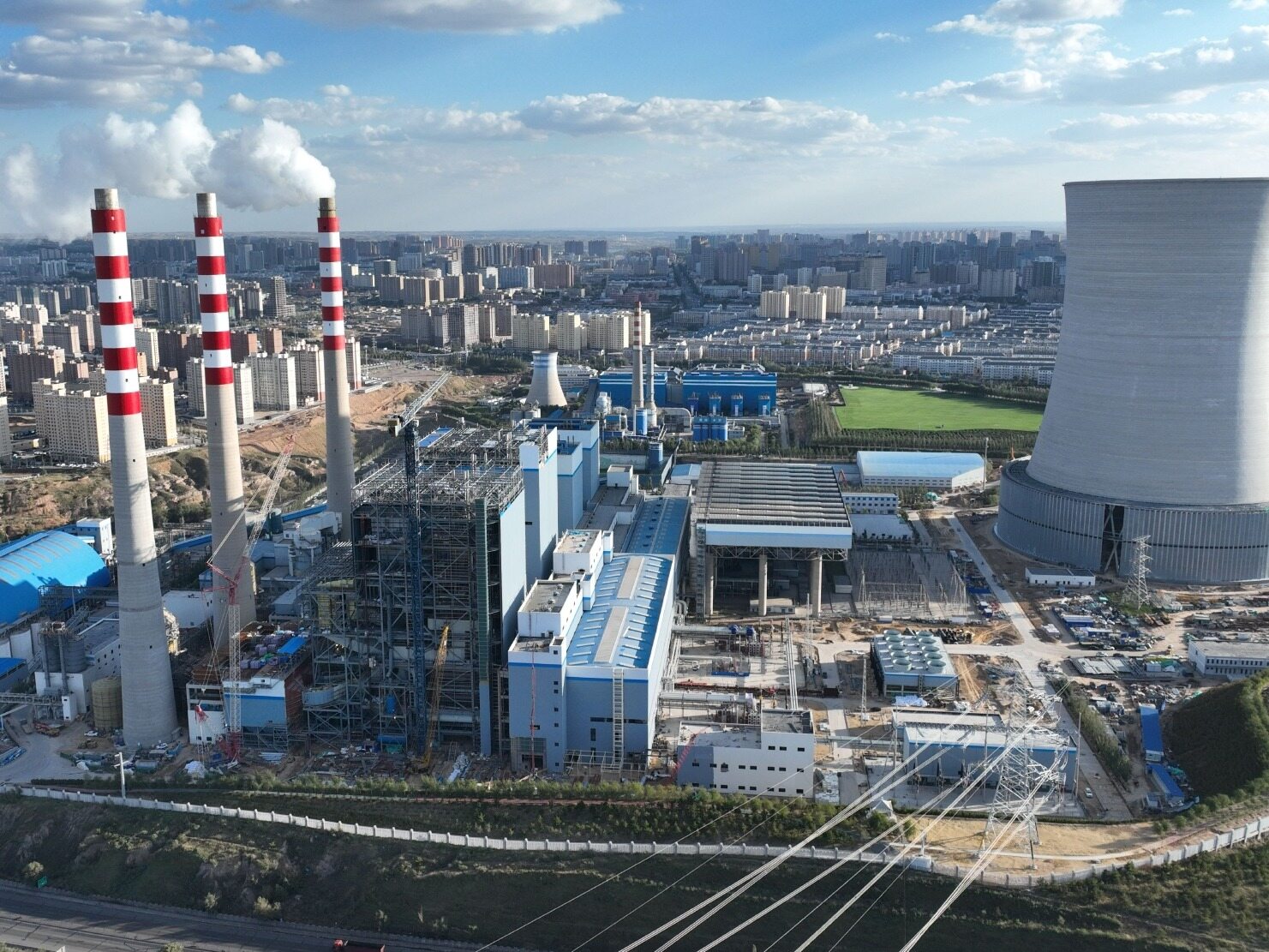
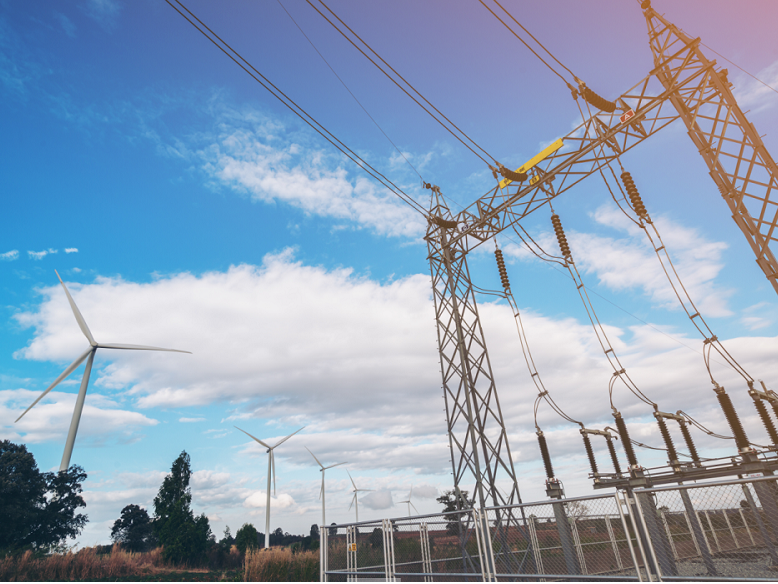


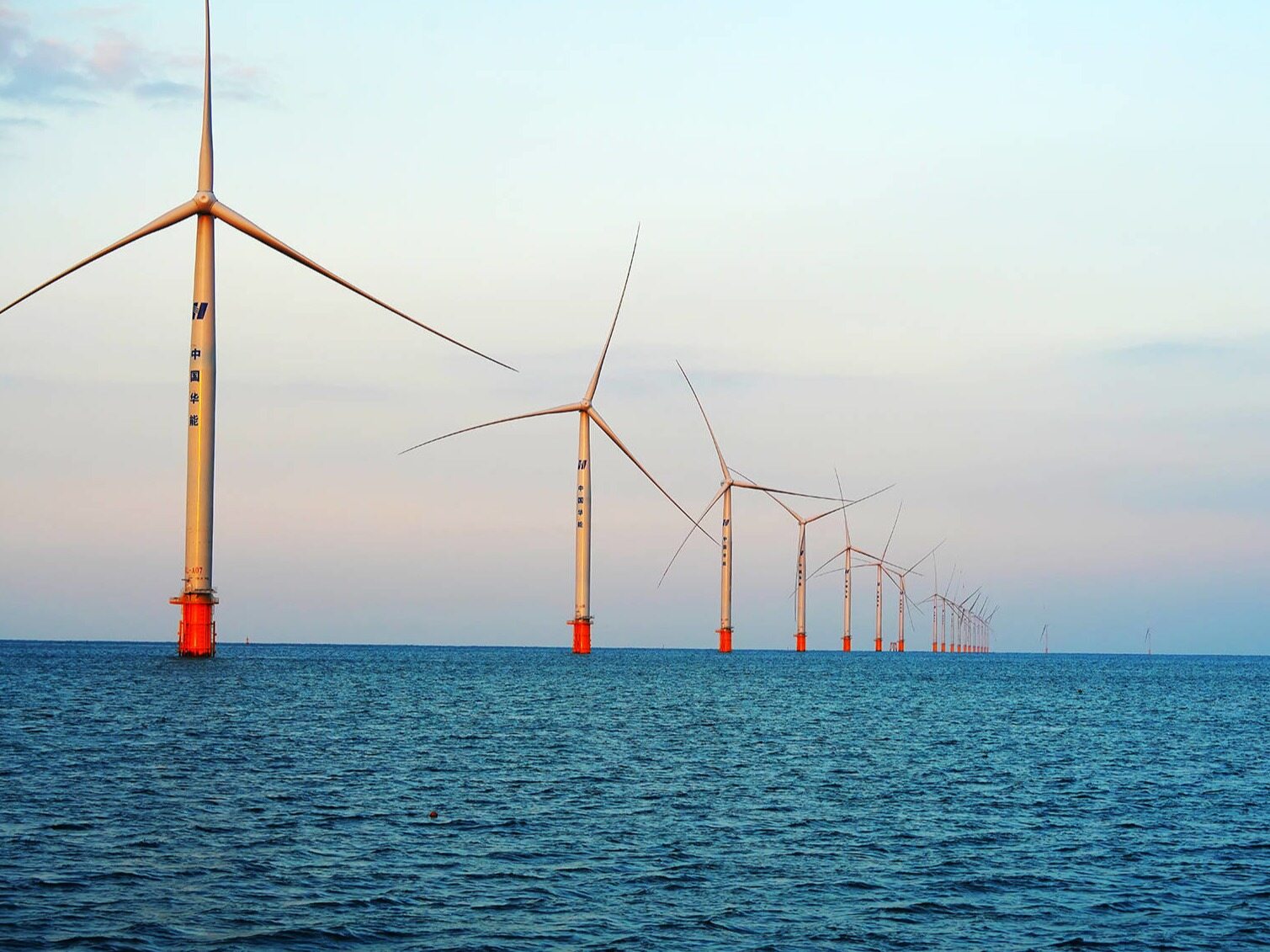






Write something~